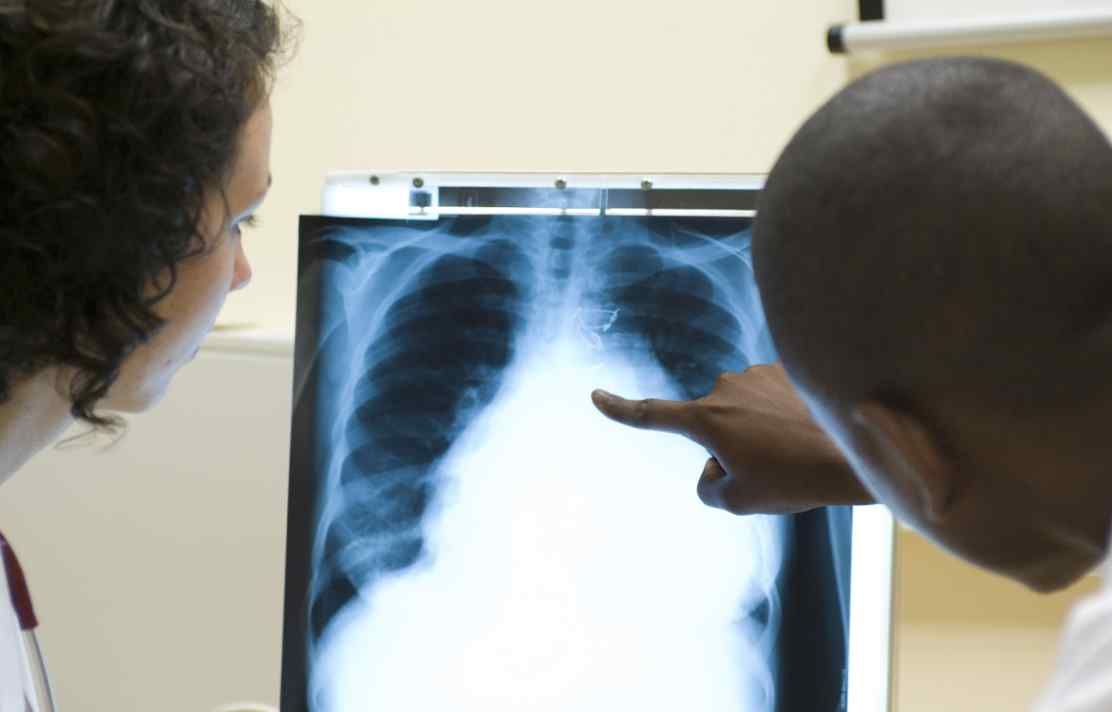BibTex format
@article{McCrone:2021:10.1101/2021.12.14.21267606,
author = {McCrone, JT and Hill, V and Bajaj, S and Pena, RE and Lambert, BC and Inward, R and Bhatt, S and Volz, E and Ruis, C and Dellicour, S and Baele, G and Zarebski, AE and Sadilek, A and Wu, N and Schneider, A and Ji, X and Raghwani, J and Jackson, B and Colquhoun, R and O'Toole, Á and Peacock, TP and Twohig, K and Thelwall, S and Dabrera, G and Myers, R and COVID-19, genomics UK COG-UK consortium and Faria, NR and Huber, C and Bogoch, II and Khan, K and du, Plessis L and Barrett, JC and Aanensen, DM and Barclay, WS and Chand, M and Connor, T and Loman, NJ and Suchard, MA and Pybus, OG and Rambaut, A and Kraemer, MUG},
doi = {10.1101/2021.12.14.21267606},
journal = {medRxiv},
title = {Context-specific emergence and growth of the SARS-CoV-2 Delta variant.},
url = {http://dx.doi.org/10.1101/2021.12.14.21267606},
year = {2021}
}
RIS format (EndNote, RefMan)
TY - JOUR
AB - The Delta variant of concern of SARS-CoV-2 has spread globally causing large outbreaks and resurgences of COVID-19 cases 1-3 . The emergence of Delta in the UK occurred on the background of a heterogeneous landscape of immunity and relaxation of non-pharmaceutical interventions 4,5 . Here we analyse 52,992 Delta genomes from England in combination with 93,649 global genomes to reconstruct the emergence of Delta, and quantify its introduction to and regional dissemination across England, in the context of changing travel and social restrictions. Through analysis of human movement, contact tracing, and virus genomic data, we find that the focus of geographic expansion of Delta shifted from India to a more global pattern in early May 2021. In England, Delta lineages were introduced >1,000 times and spread nationally as non-pharmaceutical interventions were relaxed. We find that hotel quarantine for travellers from India reduced onward transmission from importations; however the transmission chains that later dominated the Delta wave in England had been already seeded before restrictions were introduced. In England, increasing inter-regional travel drove Delta's nationwide dissemination, with some cities receiving >2,000 observable lineage introductions from other regions. Subsequently, increased levels of local population mixing, not the number of importations, was associated with faster relative growth of Delta. Among US states, we find that regions that previously experienced large waves also had faster Delta growth rates, and a model including interactions between immunity and human behaviour could accurately predict the rise of Delta there. Delta's invasion dynamics depended on fine scale spatial heterogeneity in immunity and contact patterns and our findings will inform optimal spatial interventions to reduce transmission of current and future VOCs such as Omicron.
AU - McCrone,JT
AU - Hill,V
AU - Bajaj,S
AU - Pena,RE
AU - Lambert,BC
AU - Inward,R
AU - Bhatt,S
AU - Volz,E
AU - Ruis,C
AU - Dellicour,S
AU - Baele,G
AU - Zarebski,AE
AU - Sadilek,A
AU - Wu,N
AU - Schneider,A
AU - Ji,X
AU - Raghwani,J
AU - Jackson,B
AU - Colquhoun,R
AU - O'Toole,Á
AU - Peacock,TP
AU - Twohig,K
AU - Thelwall,S
AU - Dabrera,G
AU - Myers,R
AU - COVID-19,genomics UK COG-UK consortium
AU - Faria,NR
AU - Huber,C
AU - Bogoch,II
AU - Khan,K
AU - du,Plessis L
AU - Barrett,JC
AU - Aanensen,DM
AU - Barclay,WS
AU - Chand,M
AU - Connor,T
AU - Loman,NJ
AU - Suchard,MA
AU - Pybus,OG
AU - Rambaut,A
AU - Kraemer,MUG
DO - 10.1101/2021.12.14.21267606
PY - 2021///
TI - Context-specific emergence and growth of the SARS-CoV-2 Delta variant.
T2 - medRxiv
UR - http://dx.doi.org/10.1101/2021.12.14.21267606
UR - https://www.ncbi.nlm.nih.gov/pubmed/34981069
ER -
